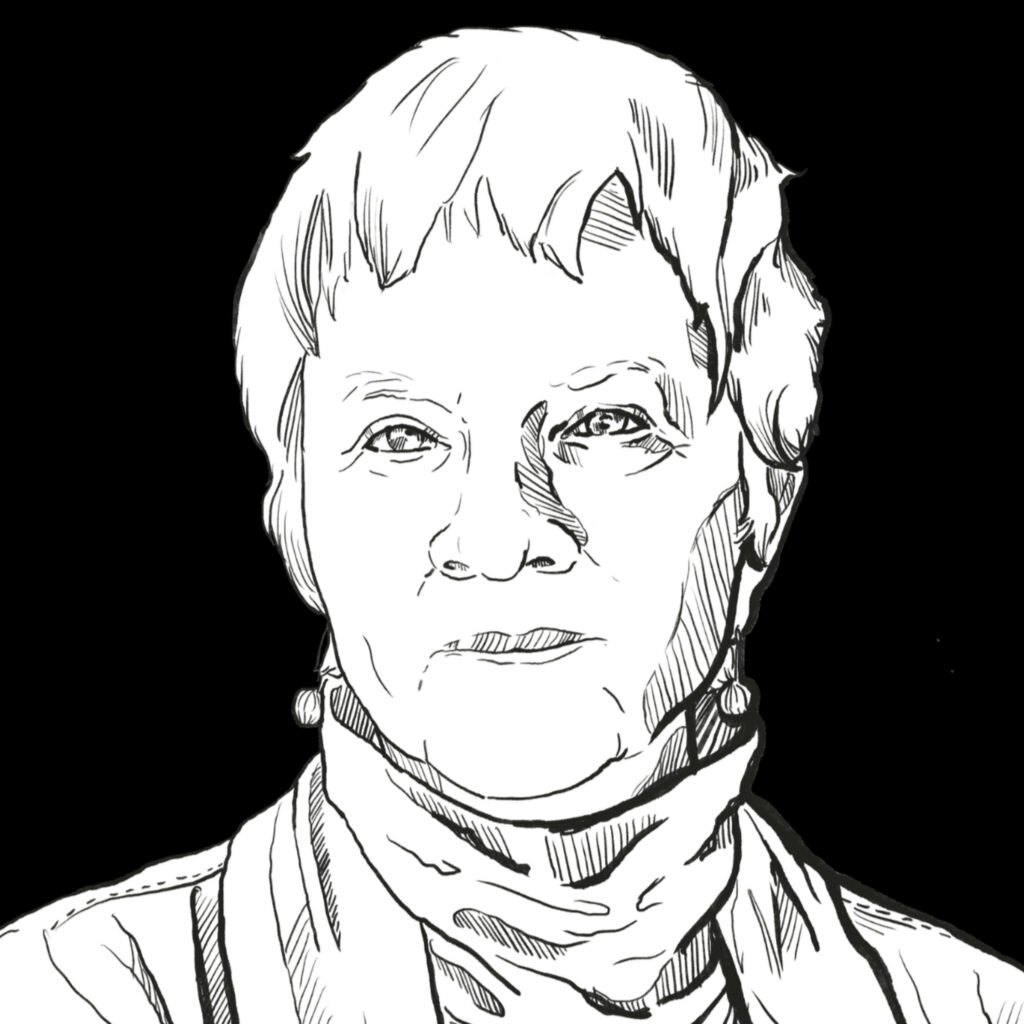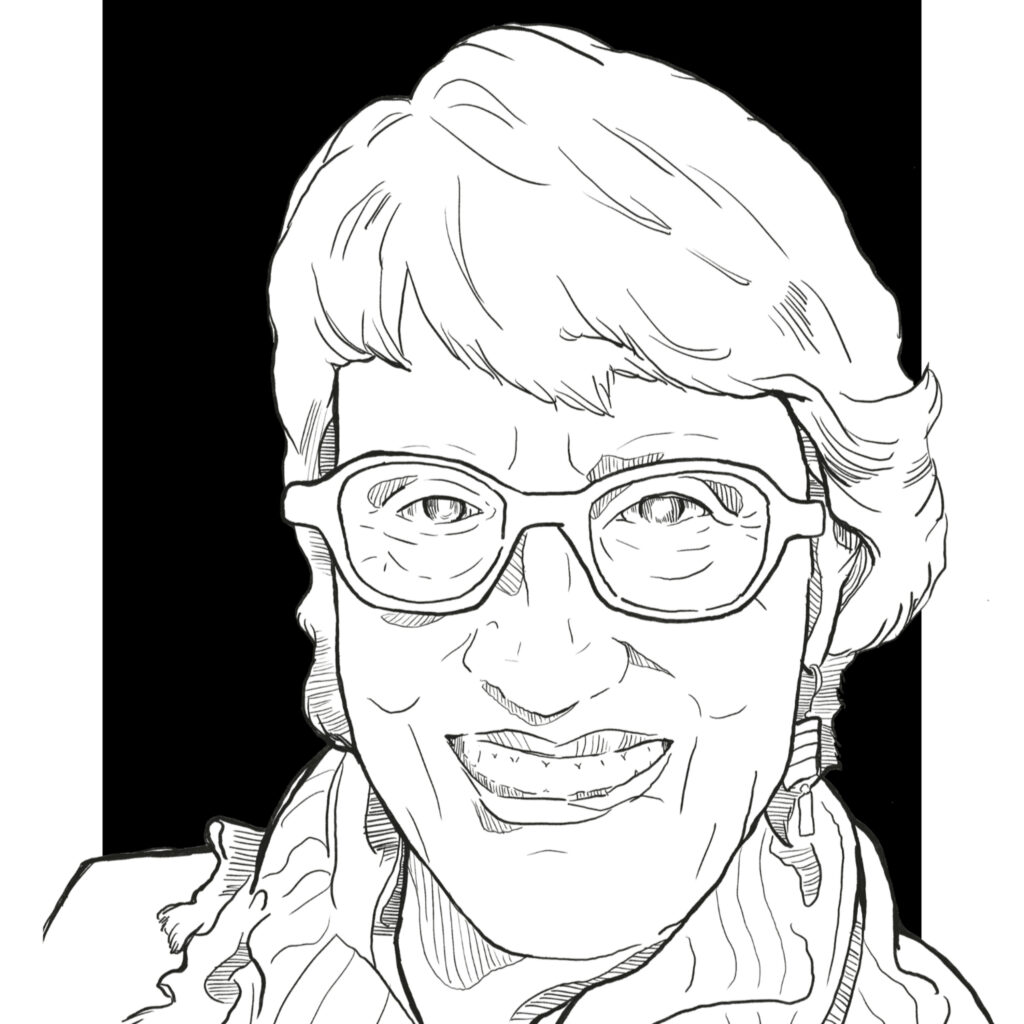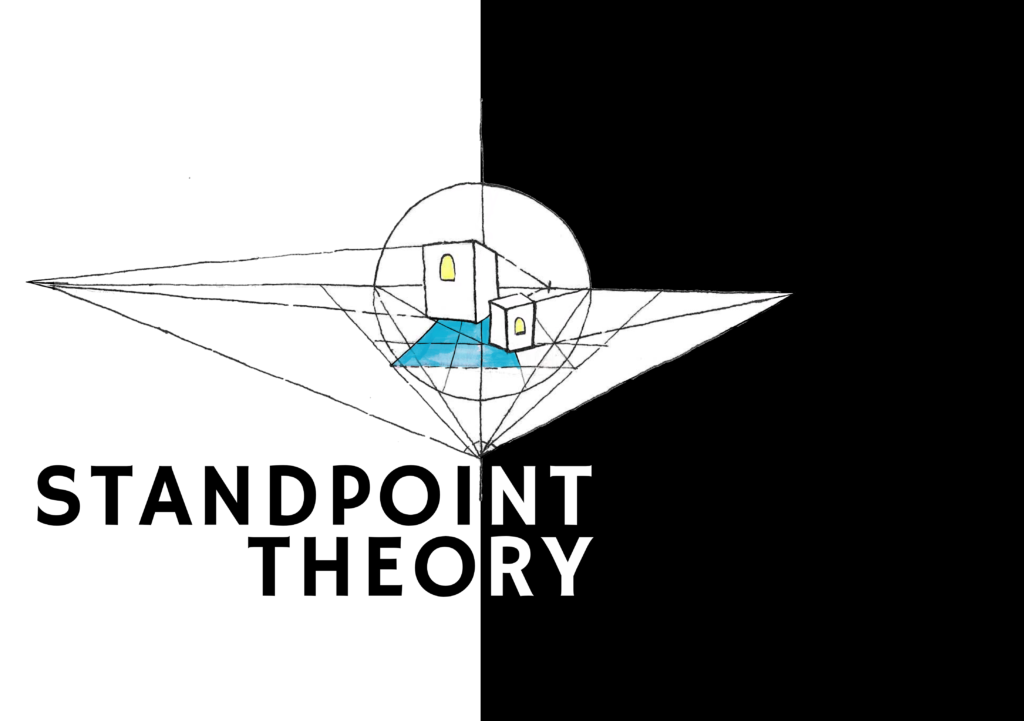Listen Here
This interview series showcases the work and words of theorists and practitioners whose contributions have shaped standpoint theory. Standpoint theory, in all its forms – as the rationale for collaborative research practice, in the context of critical sciences studies, and as a theory of knowledge – is rooted in political analysis and activism. We strongly believe that this rich history has much to offer contemporary philosophical discussion about standpoint theory as well as current political debates.
Each interview is structured around a set of common questions: How did these theorists come to work on standpoint theory and how has thinking about it changed over time?; What impact do they understand standpoint theory to have had in academic and practical terms, and what do they see as its legacy, looking ahead? Of course, each conversation went a distinctive direction! These questions don’t begin to give a sense of how wide-ranging they were.
We hope you enjoy them as much as we did!
We thank CEDaR, the Community Engaged Documentation and Research space at UBC, for hosting these interviews in their recording studio. We’re also grateful to Lilith Charlet, CEDaR Research Assistant, for their invaluable technical advice.
We will be assembling a bibliography of sources referred to in these podcasts and plan to make transcripts of episodes available in the future.
Add the podcast feed to your podcast player of choice via our RSS feed.


This interview series showcases the work and words of theorists and practitioners whose contributions have shaped standpoint theory.
Standpoint theory, in all its forms – as the rationale for collaborative research practice, in the context of critical sciences studies, and as a theory of knowledge – is rooted in political analysis and activism. We strongly believe that this rich history has much to offer contemporary philosophical discussion about standpoint theory as well as current political debates.
For more information, please visit our website at: standpointtheory.com
“Standpoint isn’t magic … it’s a matter of practice.”
In this first episode we talk to Sandra Harding, Distinguished Professor Emerita of Education, and Gender Studies (UCLA), and her daughter, Emily Harding-Morick, about the very beginnings of standpoint theory. Sandra Harding recounts how she and her long-time friend and colleague, political theorist Nancy Hartsock, started a political discussion group in the 1970s in Baltimore inspired by their Marxist and feminist commitments. Their pivotal early publications on standpoint theory arose from these discussions including, for example, Nancy’s “The Feminist Standpoint: Developing the Ground for a Specifically Feminist Historical Materialism” (1983) and Sandra’s Science Question in Feminism (1986). We talk with Sandra about consciousness-raising groups in the 70s, how she “learned to think about race” in the decades that followed, and her thinking about lesbian standpoints and queer research in the 90s. She describes how she moved from ”theorizing to doing” standpoint, and explains why Tapuya, the interdisciplinary journal of Latin Science, Technology and Society, is such an important intervention.
Works discussed TBD.
Edited by Karoline Paier, Alex Bryant
Mixed by Lilith Charlet
Illustrations by Rachel Cripps
Music by The Years from the Free Music Archive licensed under an Attribution-Noncommercial-Share Alike 3.0 United States License.

This interview series showcases the work and words of theorists and practitioners whose contributions have shaped standpoint theory.
Standpoint theory, in all its forms – as the rationale for collaborative research practice, in the context of critical sciences studies, and as a theory of knowledge – is rooted in political analysis and activism. We strongly believe that this rich history has much to offer contemporary philosophical discussion about standpoint theory as well as current political debates.
For more information, please visit our website at: standpointtheory.com
“Standpoint theory was never supposed to be a theory about identity.”
In this episode, we speak with Donna Haraway, Distinguished Professor Emerita in the History of Consciousness and Feminist Studies at UC Santa Cruz. Donna tells us about how deeply their thinking and activism was informed by close feminist friendships with Sandra Harding and Nancy Hartsock, beginning in the 1980s in the context of Marxist feminist collectives in Baltimore, and also by a lifetime of friendly, if sometimes contentious, debate with Bruno Latour.
We discuss what’s troublesome about the spatial metaphors of “standing and pointing” and why standpoints should be understood as dynamic, crafted and collective work objects. We also talk about what happens when standpoints are no longer adequate to the complexities of the world, and how to navigate situations where friends and allies find they disagree fundamentally, not so much theoretically but in starkly pragmatic terms. There is much wisdom here about learning how to recognize when you are wrong, what we can learn from human and more-than-human others, and how to collectively fight for a better world.
Works discussed TBD.
Edited by Karoline Paier, Alex Bryant
Mixed by Lilith Charlet
Illustrations by Rachel Cripps
Music by The Years from the Free Music Archive licensed under an Attribution-Noncommercial-Share Alike 3.0 United States License.



This interview series showcases the work and words of theorists and practitioners whose contributions have shaped standpoint theory.
Standpoint theory, in all its forms – as the rationale for collaborative research practice, in the context of critical sciences studies, and as a theory of knowledge – is rooted in political analysis and activism. We strongly believe that this rich history has much to offer contemporary philosophical discussion about standpoint theory as well as current political debates.
For more information, please visit our website at: standpointtheory.com
“I like everything about standpoint – except the ‘standing’ and the ‘pointing’”
In this episode, we speak with Linda Martín Alcoff, professor of philosophy at Hunter College, City University of New York (CUNY). As a PhD student working in epistemology, right at the time when Sandra Harding and Nancy Hartsock published their first articles on standpoint theory, Linda was immediately drawn to these emerging feminist and socialist theories.
Standpoint theorizing for Linda has always been deeply connected to her political work: she explains how her 1970s civil rights and anti-war activism has influenced her work and why, for her, identity politics has never been formulaic, or opposed to her Marxist views. In this context, she tells us about her close friendship with Charles Mills and how their political genealogies–rooted in Panama and Jamaica–shaped their philosophical thinking.
We also discuss why ‘standpoints’ are a better conceptual tool than “women’s ways of knowing” and what remains troublesome about the individualist notion of “standing and pointing”; and why it’s vitally important to look beyond our disciplinary silos and to rebuild the threads of connection to earlier generations of standpoint theorists and political movements.
Works discussed TBD.
Edited by Karoline Paier, Alex Bryant
Mixed by Lilith Charlet
Illustrations by Rachel Cripps
Music by The Years from the Free Music Archive licensed under an Attribution-Noncommercial-Share Alike 3.0 United States License.
Upcoming Interviews with:
- Kristen Intemann
- Nancy Tuana
- Helen Longino
